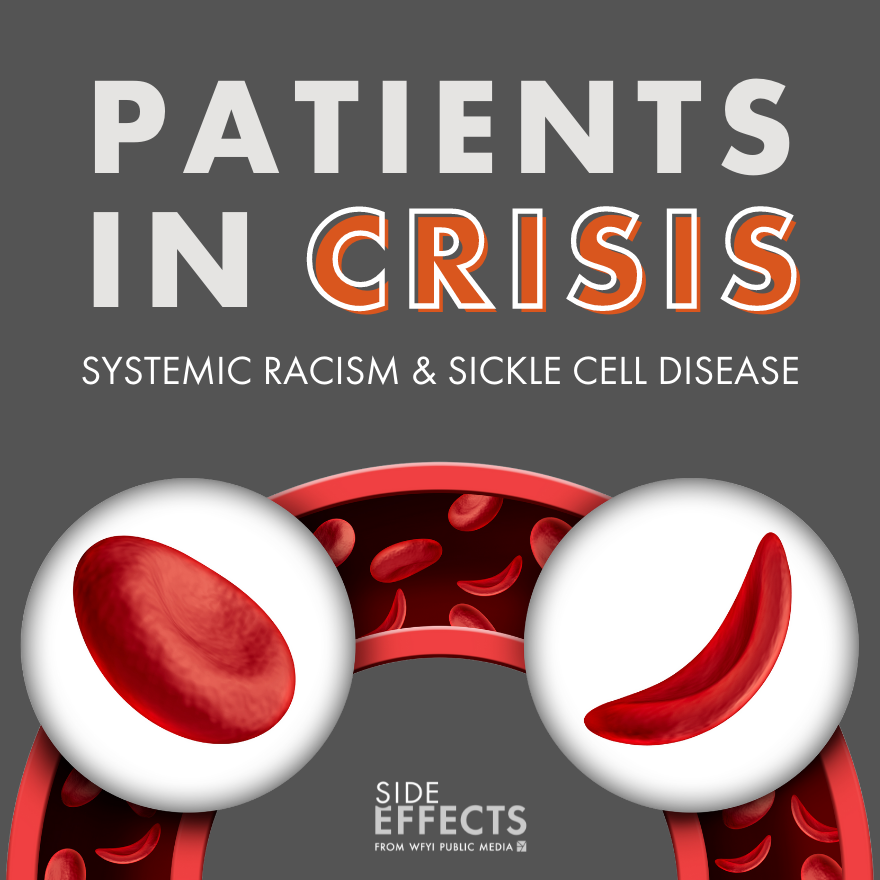Lawmakers warn the arrangement Eli Lilly and Pfizer have with telehealth platforms may lead to conflicts of interest, subpar patient care, and increase in federal health care spending.
-
Hospitals across the Midwest are bracing for cuts to services and staff in the wake of funding changes created in President Donald Trump’s budget bill.
-
As Midwest cities like Indianapolis struggle with an HIV epidemic, federal support is being curtailed.
-
The White House budget proposal would roll back next year’s federal HIV prevention funding to levels not seen since around 1987.
-
Trump administration rescinded Biden-era guidance on emergency abortions, sowing confusion in states with abortion restrictions and bans.
-
A new pair of academic studies offers evidence that Medicaid saves lives. So, what's at stake if the major Medicaid reforms and deep cuts that were approved by House Republicans make it through Congress?
-
Federal lawmakers are considering adding Medicaid work requirements — meaning people would have to prove they work, volunteer, or go to school in order to receive health insurance. Experts warn that many people who already work will fall through the cracks.
-
Experts say the moderate gains in maternal mental health could be impacted by proposed cuts to Medicaid at the federal level.
-
Experts worry about the impact of cuts to Medicaid and public health on maternal and infant health.
-
American Lung Association warns that air pollution is worsening as EPA looks to rollback regulations.
-
Video games have come a long way. Some are pretty realistic, especially with virtual reality. Now, a group of researchers are hoping to incorporate this immersive gaming technology to teach people how to reverse an opioid overdose.
-
Work requirements led to thousands in Arkansas losing their Medicaid during the first Trump administration. Policymakers say they’ve learned lessons to avoid mistakes this time.
-
Across the U.S., some people with mental illness wait months in jail for court-ordered competency evaluations, with little to no mental health care. One Indiana man’s case reveals how delays prolong suffering — and expose a system unequipped to help.
In each installment of The Checkup, the health reporting team at Side Effects Public Media explores a single question sparked by a recent news story, or maybe by one of our listeners. You can find every episode online, on the radio, or hear us on the WFYI News Now podcast.
Sickle cell disease is the nation’s most common genetic disorder, but is often overlooked when it comes to resources. Sickle cell researchers, physicians and patients believe these disparities exist – and persist – because of systemic racism. This reporting is supported by a grant from the USC Annenberg Center for Health Journalism’s 2022 Impact Fund for Reporting on Health Equity and Health Systems.


















